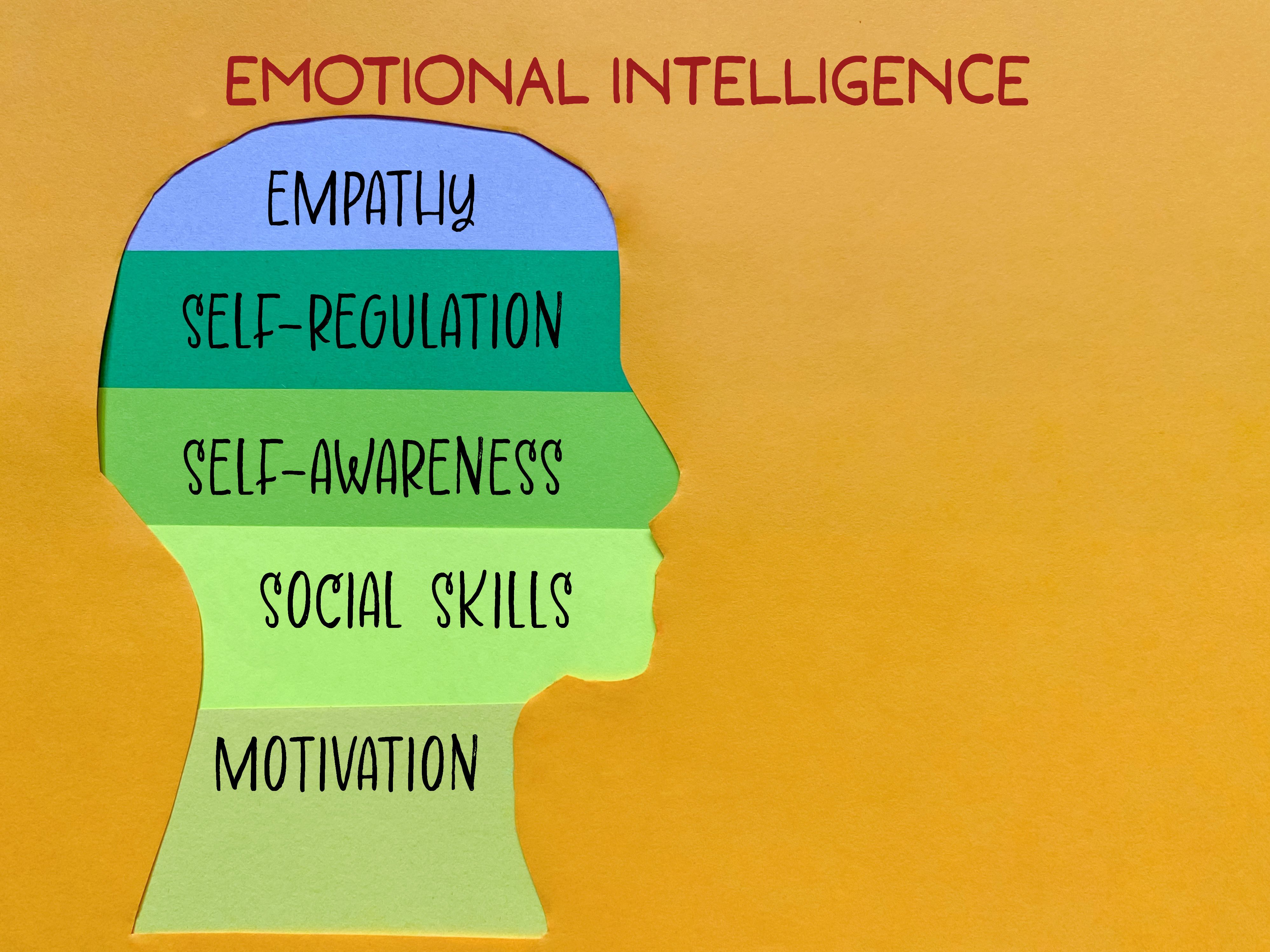The Human Touch in Security: Why Emotional Intelligence Matters
The Role of Emotional Intelligence in Security
In the realm of security, technology often takes center stage. From surveillance cameras to advanced cybersecurity systems, the emphasis is typically on gadgets and algorithms. However, there's an often-overlooked aspect that can significantly enhance security measures: emotional intelligence (EI). Understanding and managing emotions can provide a crucial layer of protection that technology alone cannot offer.
Emotional intelligence involves the ability to perceive, evaluate, and influence emotions in oneself and others. Security professionals with high EI can detect subtle cues in behavior, anticipate potential threats, and de-escalate situations before they become problematic. This human touch can be the difference between a controlled situation and a crisis.

Enhancing Threat Detection
One of the key benefits of emotional intelligence in security is the ability to enhance threat detection. Security personnel with strong EI skills can interpret non-verbal signals, such as body language, tone of voice, and facial expressions, to determine whether someone poses a potential threat. These skills are particularly useful in environments where technological surveillance might not be as effective.
For instance, a security officer at an event might notice a person exhibiting signs of anxiety or agitation. While this might not be captured by cameras or sensors, an emotionally intelligent officer can engage with the individual to assess the situation further. This proactive approach can prevent incidents before they escalate.

Building Trust and Cooperation
Security is not just about preventing threats; it's also about building trust within a community. Emotional intelligence plays a vital role in fostering positive relationships between security personnel and the people they protect. By demonstrating empathy and understanding, security professionals can create an environment where individuals feel safe and respected.
This trust is essential for effective security operations. When people trust security personnel, they are more likely to cooperate during investigations or emergencies. Strong relationships built on emotional intelligence can lead to improved communication and cooperation, making it easier to manage and resolve security issues.

De-escalation and Conflict Resolution
Conflicts and confrontations are inevitable in security work. Emotional intelligence equips security professionals with the tools needed for de-escalation and conflict resolution. By understanding the emotions driving a confrontation, they can address concerns calmly and effectively, reducing the likelihood of violence or escalation.
Security personnel trained in EI are better prepared to handle high-stress situations. They can maintain composure under pressure, ensuring that their responses are measured and appropriate. This ability to manage emotions not only enhances safety but also sets a positive example for others in the vicinity.
The Future of Security: Integrating Technology and Human Touch
The future of security lies in the seamless integration of technology and the human touch. While advancements in technology continue to improve our ability to detect and respond to threats, emotional intelligence remains an irreplaceable component of effective security strategies. By prioritizing both aspects, organizations can create more robust security systems that address the complexities of human behavior.
Training programs that emphasize emotional intelligence can equip security professionals with the skills needed to adapt to a variety of situations. As the landscape of security evolves, those who can blend technological expertise with emotional insight will be at the forefront of the industry.

Conclusion: The Essential Balance
In conclusion, while technology is indispensable in modern security frameworks, it is the human element that often makes the critical difference. Emotional intelligence provides a level of understanding and responsiveness that machines cannot replicate. By fostering these skills within security teams, organizations can ensure that their approach is both comprehensive and compassionate.
The human touch in security is not a luxury; it is a necessity. As we continue to navigate an ever-changing world, embedding emotional intelligence into our security practices will enhance safety and create environments where everyone feels both protected and valued.
